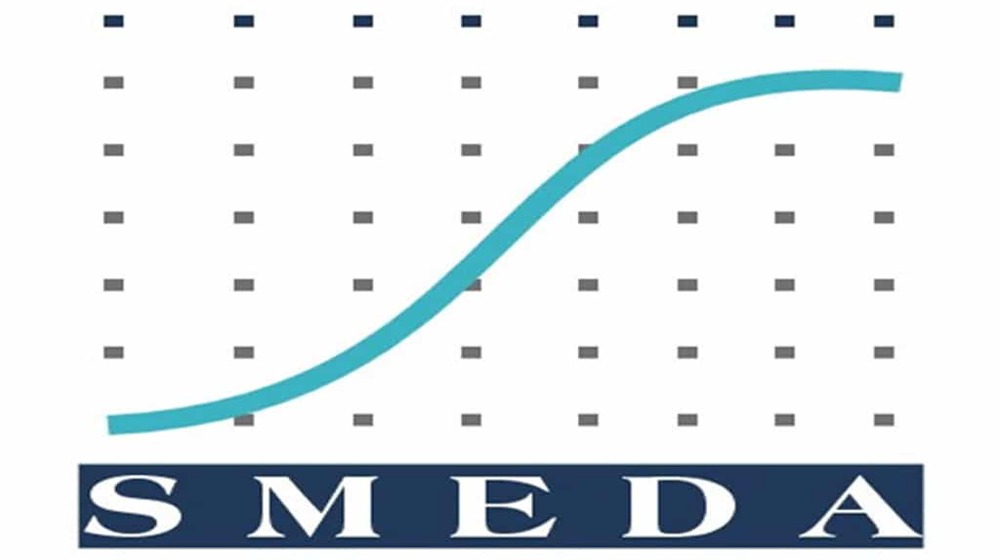The issues faced by the SMEs were highlighted during a presentation on the occasion of Small and Medium Enterprises Development Authority’s (SMEDA) Income Tax Report launching ceremony on Thursday.
The income tax report has recommended that the withholding tax for small and medium enterprises should be based on revenue threshold rather than their legal structure i.e., AOP, Company, or Individual.
The FBR may introduce an online module for SMEs to help them comply with withholding tax requirements. This could take the form of a system that automatically generates withholding statements for the quarter, which could then be updated by the taxpayer if necessary.
The SMEs should be provided relaxation in major penalties in relation to incidents like withholding of advance tax (filing of statements and deduction of the tax at applicable rates) thus exempting or reducing penalties by 25 percent. Exemption from income tax for a specific period may be provided for SME startups irrespective of their nature of business.
Further, SMEs making investments in small industrial estates established by the federal and or provincial governments should also be provided an exemption from income tax for a specific period.
The applicable income tax regime has not been designed in a manner to bring about an enabling environment for growth of SMEs. Therefore, most of the SMEs do not willingly register under the Income Tax regime; rather, they get themselves registered due to the fear of tax authorities as well as to avoid double rates of income tax.
The report recommended that a carefully structured exemption from the responsibility of withholding tax may be provided for SMEs with turnover of up to Rs. 250 million on the basis of a real-time turnover monitoring module.
A system of incentives and support including reduced rates of withholding taxes, minimal penalties for unintended omissions/ non-compliance may be introduced by the FBR for SME withholding agents to encourage improved compliance of withholding tax regime as well as for increased tax base. For improved compliance and increased taxation, a sustained and structured awareness campaign, physical as well as online, may be designed and implemented jointly by the FBR and SMEDA.
The income tax report revealed that the income tax framework consists of a complex system of substantive and procedural legislation. There are 242 sections of Income Tax Ordinance, 232 clauses of the Income Tax Rules 2002, 908 Statutory Regulatory Orders, and 757 Circulars in vogue. Out of these instruments, approximately 237 sections of the ITO, 232 clauses of Income Tax Rules, 180 SROs and 160 Circulars are directly related to SMEs.
A maximum of 16 documents are involved at the stage of registration for Income Tax. Although there are no legal fees associated with registration, the process involves an estimated out-of pocket cost of around Rs. 20,000 and takes approximately two weeks to complete.
The report stated that a company shall be a withholding agent in all cases; however, an Individual and AOP shall be Withholding Agents only when they have an annual turnover of Rs. 100 million or above in any of the preceding tax years. Accordingly, small companies having turnover of less than Rs. 100 million may be at a disadvantage against similarly placed AOPs and individuals.
The Income tax framework itself is a complex mix of multi-tiered incidences of taxation including normal income tax, advance tax, withholding tax, minimum tax, corporate tax and final tax. An SME taxpayer must comply with approximately 50 procedures within a given tax year which is challenging apart from being costly. An SME taxpayer has to file 8 withholding statements i.e., 4 quarterly withholding statements, 2 biannual withholding statements and 2 annual withholding statements apart from an annual income tax return. Biannual and annual statements are mere repetitions.
Given the existence of largely informal enterprises, deduction of WHT does not remain possible for registered SME taxpayers. Therefore, the taxpayer SMEs, unwillingly, look for alternate ways to avoid losing their vendors/ suppliers, which usually include adding an additional cost of nonfiler’s WHT e.g. 9 percent for goods in the product cost and getting an invoice.
Alternatively, they may procure the material or services and do not record it. This becomes a necessary evil since the regulator, instead of capturing the vendor and or suppliers, penalizes the registered taxpaying SMEs which are unable to produce the documents of WHT collection from the vendors.
Enterprises that are required to be registered but keep themselves unregistered due to inherent loopholes in the tax structure and or FBR’s inefficiencies such as payment of tax at the double rate. This has the effect of discouraging registered taxpayer SMEs.

























